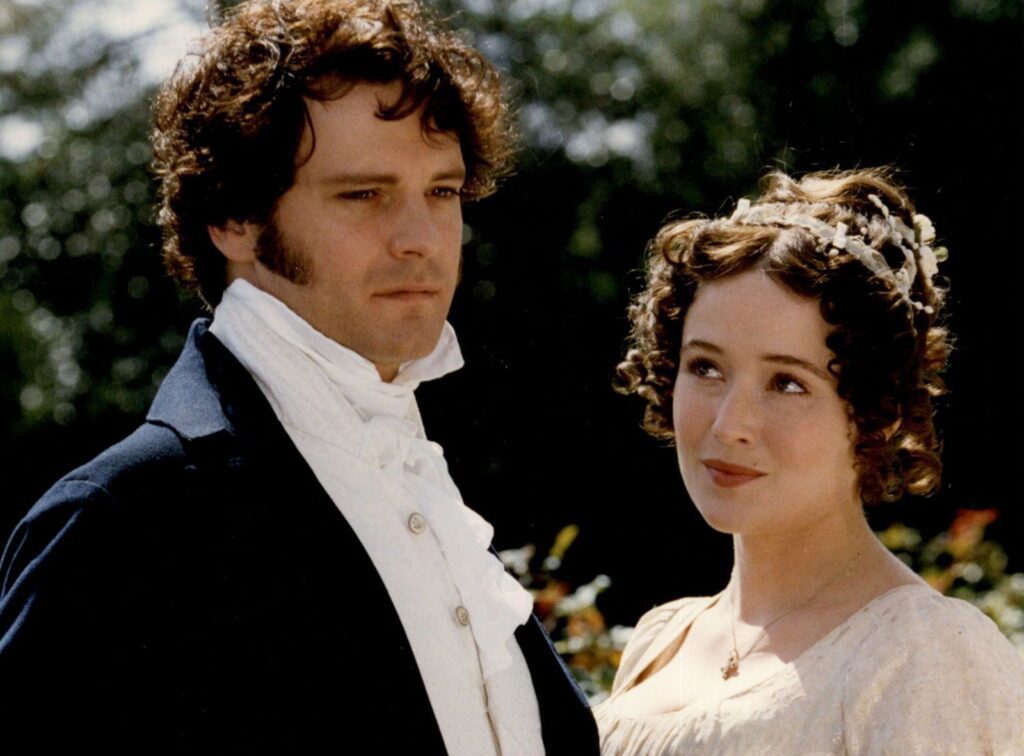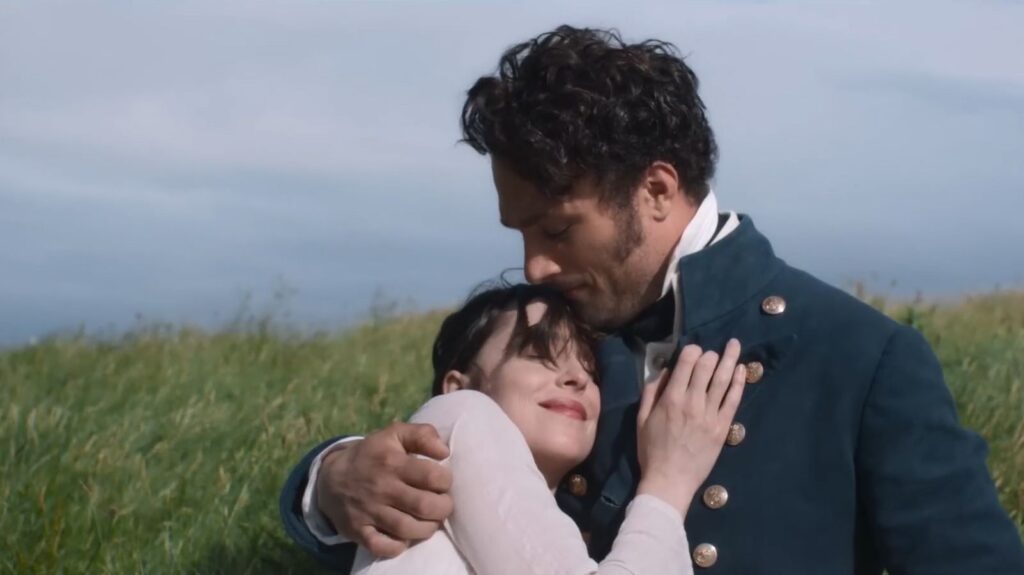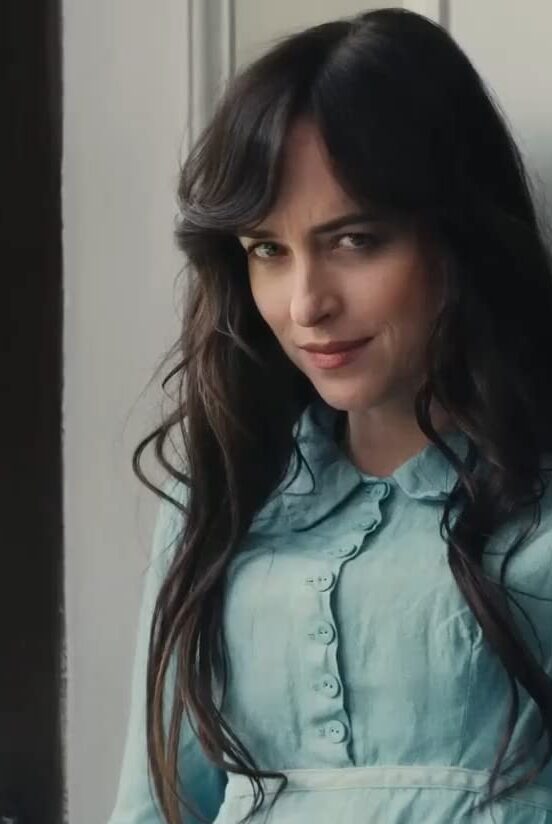Generation Black TV - Live
Period Dramas: Are They Out of Touch?
Do we still need period dramas when their historical settings were built upon oppressive regimes?
Period dramas have had undeniable success, from Mr Darcy’s wet shirt lake walk to the more recent Anthony Bridgertons steamy romance with Kate Sharma. Period dramas can have a significant cultural impact and tend to attract a large myriad of viewership. The success of period dramas in modern-day society is usually due to a disconnect with old-fashioned, chivalrous romance. It’s a time of yearning and of polite courting processes which modern-day viewers long for. The swooning!
However, of course, period dramas reflect a time in which women, minorities and the poor were notoriously oppressed and withdrawn from mainstream society. The role of women in these eras is one of subservience and fulfilling natural domestic duties. Not to mention extreme racism in the form of slavery and segregation. These time periods were of course beyond problematic.

Pride and Prejudice series © BBC
For example, so many of Austen’s stories centre around women’s pursuit of marriage, particularly what was deemed as good, economic sense within marriage. Marriage was deemed as a business transaction, pairing good families and bloodlines together to further the upper classes. However within Austen’s narratives is a lot of romance, like in Pride and Prejudice where we see Elizabeth and Darcy overcome these expectations of the wealthy marrying the wealthy as love conquers all. But, there are still so many red flags within the time period of inequality that are disconnected from modern society. On the whole, most viewers of period dramas will be watching to escape from their lives, to get lost in an unfamiliar world. So, you’d presume then that most people know what they’re signing up for upon watching.
In modern adaptations of these stories, like the recent Netflix film Persuasion, we see filmmakers trying desperately to placate these differences in class, race, gender and societal change by painting the era with a modern brush. Whilst this can work, in Persuasion, it was lazily done with little thought to maintaining original character development. Ann Elliot as the main character is kind, loyal and strong but shy in her mannerisms. However, when painted with a modern Hollywood brush, Dakota Johnson made her bold, rude and loud, something many didn’t enjoy.

Persuasion © Netflix
Arguably, period dramas work the best when they maintain the traditions and old-fashioned charm that have clearly allowed the stories to remain popular over hundreds of years. Of course, modernising certain elements should be allowed, but done creatively while still maintaining characters’ original personalities.
So, how can we blend the history of the time period with the modern day? If so many of the archetypes within historical stories revolve around an oppressor and an oppressed person, particularly the intensity and dangerousness of misogyny at the time, how can this fit into today’s society and be accepted, let alone enjoyed? Truthfully for a large chunk of Austen’s work, romance takes precedence over politics and inequality. It’s more background noise, accepted by audiences but not necessary to the story.
We know that as society moves further towards equality every day we find ourselves revisiting past media to examine what went wrong and why it hasn’t aged well and is deemed problematic. But, it’s a difficult question to ponder how far back we must go in holding inequality accountable. We’re aware that the 1700s are very much over and that many of these examples of oppression don’t exist in society today or at least not commonly. It’s obvious to admit that our society no longer mirrors society back then, But how much longer can these stories exist in such a modern and progressive world?
The windswept high drama romance, the looks across the room and yearning are all elements of traditional old stories that I think will always remain popular, as long as people fall in love there will be media like this. The sexism, oppression and backwards societal rules however have an ever-decaying expiry date.
So, the question is, can old-fashioned romance survive in period dramas without that inequality? Or, since so much of the traditional romance is centred around men overpowering women, can it only truly exist in a somewhat sexist sphere?

